Valkyrie Elysium isn’t for everyone. The game has a specific tone and structure that has ensured that it will only ever appeal to a small, niche demographic. And yet it shares structural, thematic and aesthetic similarities with, in one way or another, the likes of Chaos Legion, NieR (original, not Automata), and Drakengard 3. These are all games that were, likewise, met with a loud and vocal “meh” from the critics and community at launch, only to grow in stature over time as more people discovered them and the critical body reassessed them with the benefit of distance from the review cycle. Because they’re art first, and content to sell second, they don’t do so well when they’re treated like a product, but as the analysis gets deeper so too do people come to the realisation that these games are actually pretty poignant.
Also watch: On Valkyrie Elysium, opera, and why we need more games like this.
It’s way too early to tell if Valkyrie Elysium will enjoy a similar reassessment over time (and there are some other similar games, like Elder Saga on the Nintendo Wii, that don’t enjoy such a noble trajectory), but after playing (and loving) what this thing represents, I certainly think it deserves it.
Deep melancholia permeates through the very core of Valkyrie Elysium. Set within a take on Norse mythology, the world is just about at its end, and Ragnarök is just around the corner. A very sinister-looking Odin has summoned you, a Valkyrie, to descend to earth and cleanse the remaining souls before the end of times arrives in its totality. Of course, Odin looks sinister for a reason and there’s an epic arc there that I won’t spoil, but from start to finish you witness a sad, desolate loneliness everywhere you go, with broken cities, crumbling castles, and, aside from the demonic monsters that you need to battle, rarely a living soul in sight.
You get snippets of the story of the world by tracking down blue flowers that dot the blighted landscape (which represent the last memories of the deceased). Side quests are granted by ghostly whisps that soon disappear. Your allies (and will get to them soon) are just spirits too, who cling to you out of guilt in the desperate hope that they can right the wrongs that they caused in life. Coupled with the muted environmental aesthetics that give off a very downbeat vibe, and an evocative soundtrack that, with operatic verve, conveys a deeply sorrowful tone, Valkyrie Elysium delivers a world of profound melancholia. It is quite beautiful at delivering the very specific aesthetic that the artists aimed for.
It’s a game of relatively few words. Once in the levels themselves, any cut scenes are kept short and sharp and separated by long stretches of endless combat. Between missions, there’s just not that much to talk about with your allies, and not many non-ally friendlies to chat to. But there’s a tight narrative tapestry being woven, and it’s nowhere near as thematically thin as some might have you believe. Just as opera and ballet tell their stories with relative few words, so too does Valkyrie Elysium effectively convey a lot through the way it draws the eye and lets the theme – and emotions that come with that – put the audience in a reflective mood.
If the narrative and setting are operatic in design, Valkyrie Elysium’s combat system is balletic. In a few weeks, we’re going to get God of War: Ragnarök, and there’s going to be an incredible contrast between these too. God of War’s combat is going to be crunching, visceral, and brutal, while Valkyrie Elysium’s is elegant, graceful, and dance-like. Guess which will go down better with the gaming mainstream and you arrive at the near-perfect example of why Elysium is only ever going to be niche. It has an excellent combat system. Just not one that appeals to the mainstream. You wouldn’t see most of them caught dead at the ballet, either, though. In each encounter you’ll be pirouetting out of the way of a (typically large) horde of enemies, hitting them with whatever magic ability you have on call that targets their weakness, and then weaving through them to cause some melee damage before darting away again, taking stock of the situation, and preparing for another dance.
Each weapon has its own skills and combo system, and they feel meaningfully different. I personally favoured the rapier-like weapon, as I’m always willing to trade off raw damage to be able to move fast and manipulate the battlefield that way. On top of that, the Valkyrie can be upgraded in several ways which slowly layer new skills on her. By the end of the game you’re playing something that sits at the midway point between a fighting game and a typical action-JRPG, and it’s a dynamic, rewarding system that celebrates creativity and play, and never gets tiring despite the sheer volume of battles you need to wade through.
I haven’t even explained the best part of it, either, which is the various spirits that you can call into your service. You acquire these as “rewards” for completing major plot points, and once you have access to them you can summon them at will (assuming you have the right amount of magic available). Once on the field, they’ll take on some enemies for you, which might draw their attention away from targeting you, allowing you to focus on a smaller mob yourself, or alternatively, they may help you trigger stagger states with the larger enemies and in boss battles.
This system has the legacy of Chaos Legion in it to the point that I wouldn’t be surprised if it turns out that some of the people on Elysium previously worked on it. In Chaos Legion, you would summon small units of warriors to fight for you (and were vulnerable yourself when you did so). Those units each represented the same broad skillsets as the heroes you can summon here (i.e. melee, ranged, magic support, etc), but rather than groups, in Valkyrie Elysium it’s a single soldier per summon, and your Valkyrie doesn’t need to make herself vulnerable to summon them. It’s a better system with the same principle idea behind it, and I really like this approach, and wish more games did it.
The only thing I found disappointing – and the game clearly shows its modest budget here – is the side quests. These often offer really useful rewards, and so aren’t really all that optional, but also require you to trek for 10 minutes (or longer) over the exact same, relatively small, patches of land. As you do that you’ll be fighting the same enemies, and as fun as the combat system is, you are going to want to push on to new levels instead of doing this. To make matters worse, the quests themselves simply aren’t interesting, since all they involve is reaching a specific spot, finding a specific item, and so on. Because the quests are given to you by ghost-wisps, all you “see” of them during these missions is a little spoken comment or two, so you never even get to know who you’re helping out and this doesn’t help you emotionally connect with their stories. I know why the developers did this – rendering people and big levels to explore is resource-intensive – but we were given side quests of almost impossible intricacy and detail in Elden Ring earlier this year. With Valkyrie Elysium, it’s a step back to the way things were done on the Ps2 and Ps3, and in this one specific area, it doesn’t work in its favour.
Nonetheless, I found myself utterly captivated by this game, which takes so many creative risks in the name of its vision. The limited “story” in favour of a deeper narrative working on a more subtle level, downbeat and muted visuals, and graceful rather than visceral combat are all things that are lauded in video games, however appropriate to the experience that the developer is crafting. But this team stuck with the vision, and we should be thankful for that. If you do enjoy the likes of theatre, opera, and ballet, then Valkyrie Elysium belongs to the incredibly small group of titles that share a similarity to those art forms, and that’s more than a nice to have, it’s the kind of art we need to see more developers experimenting with.
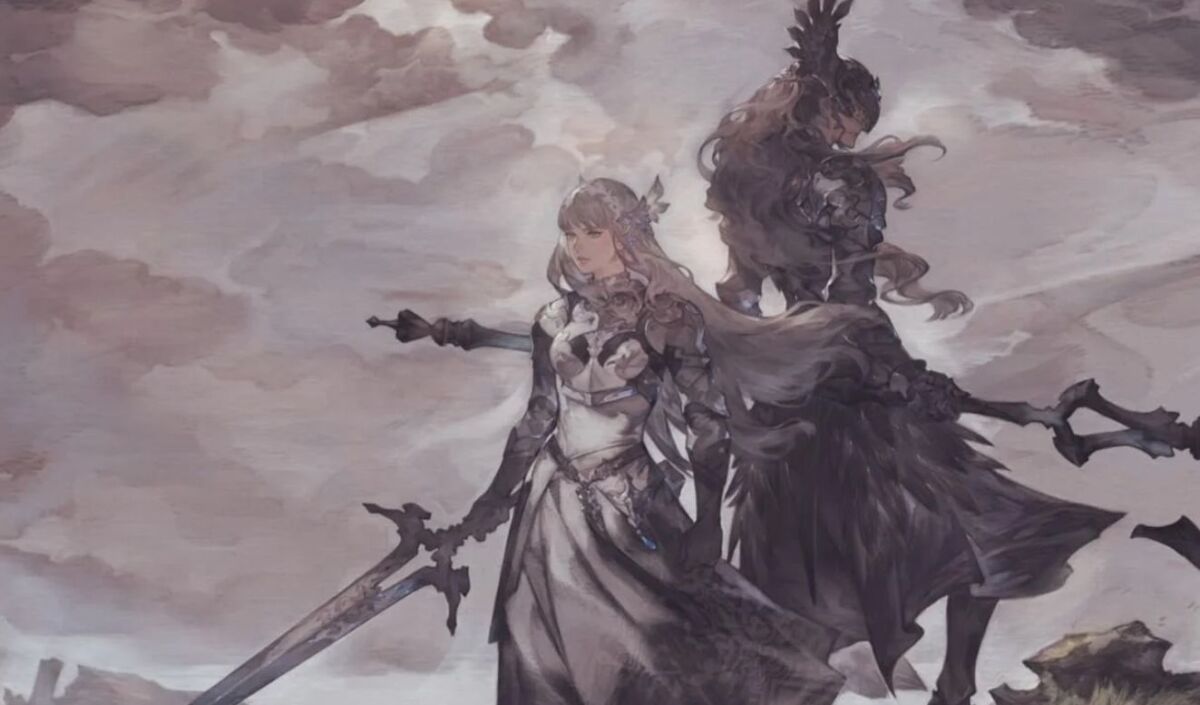

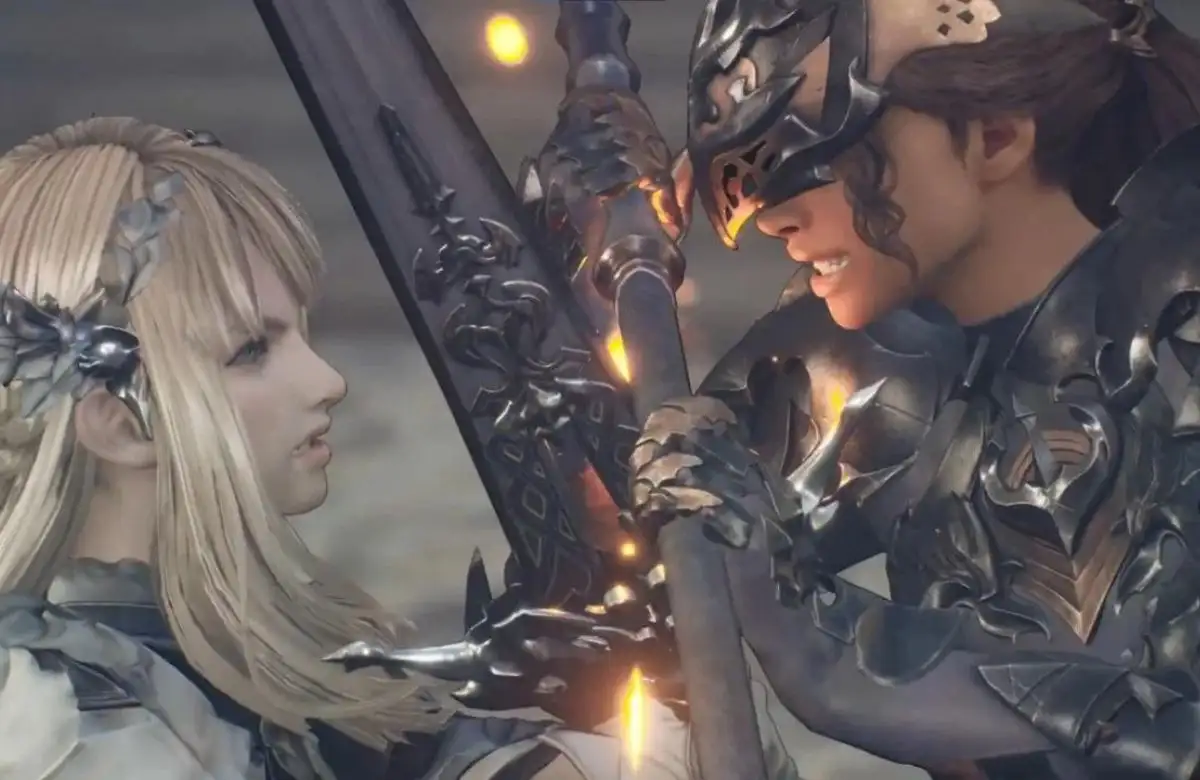
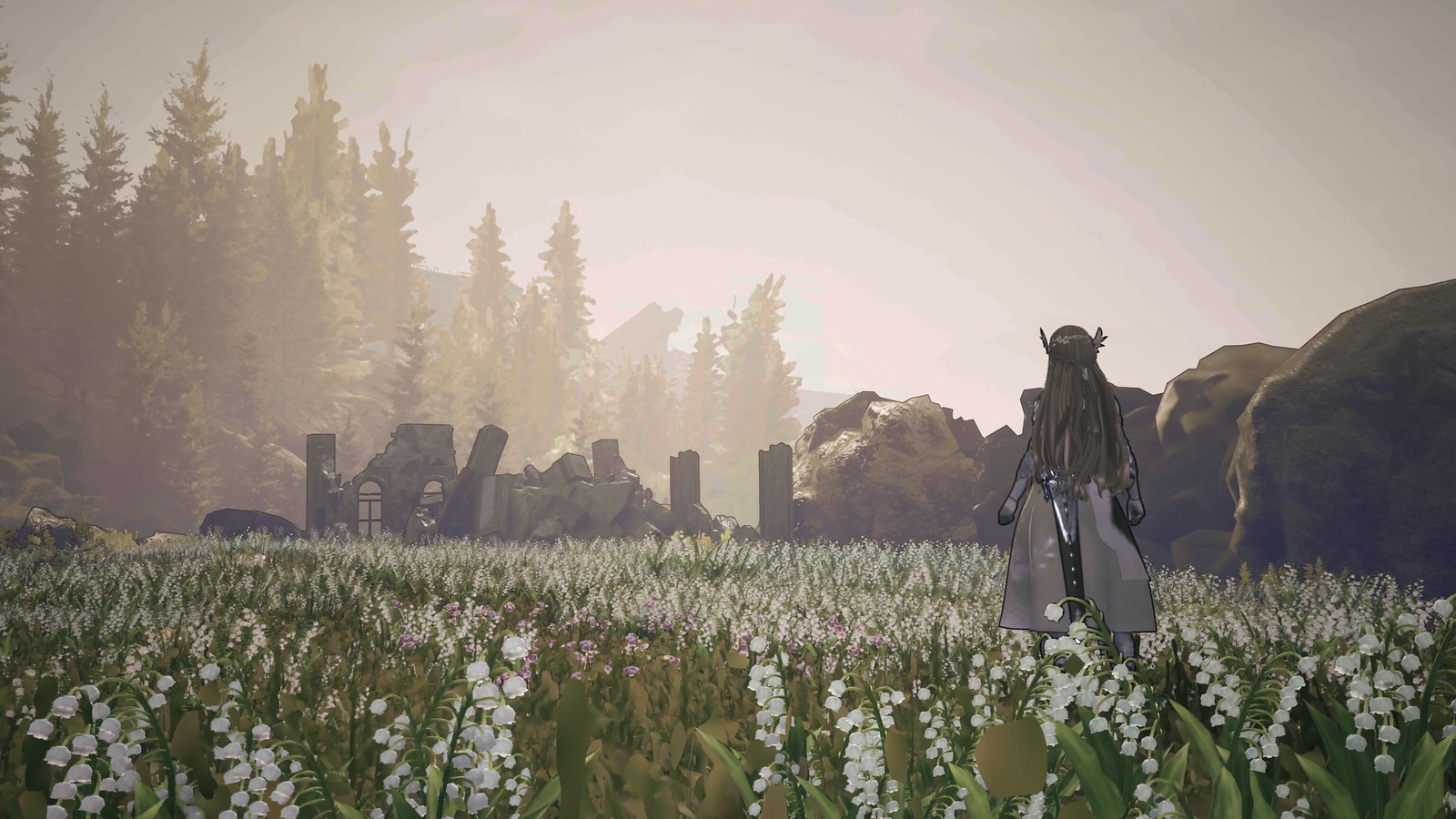
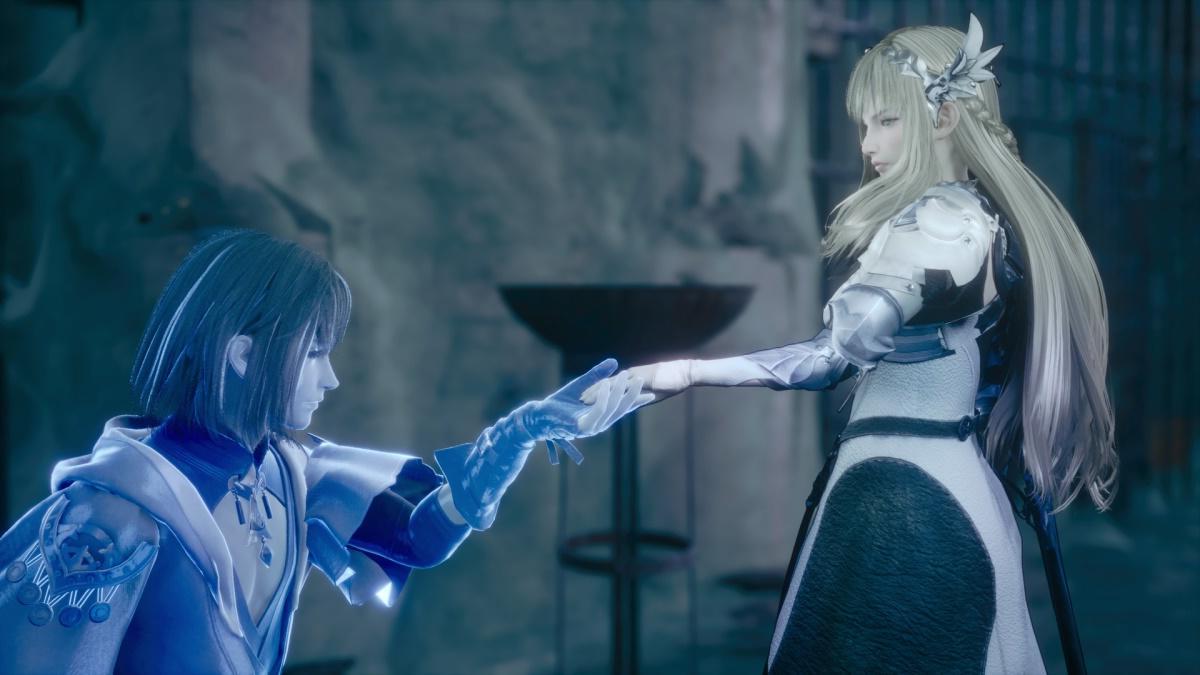

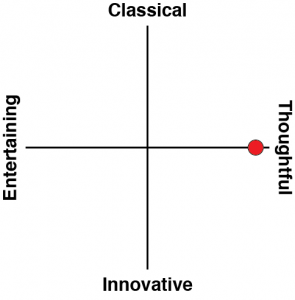




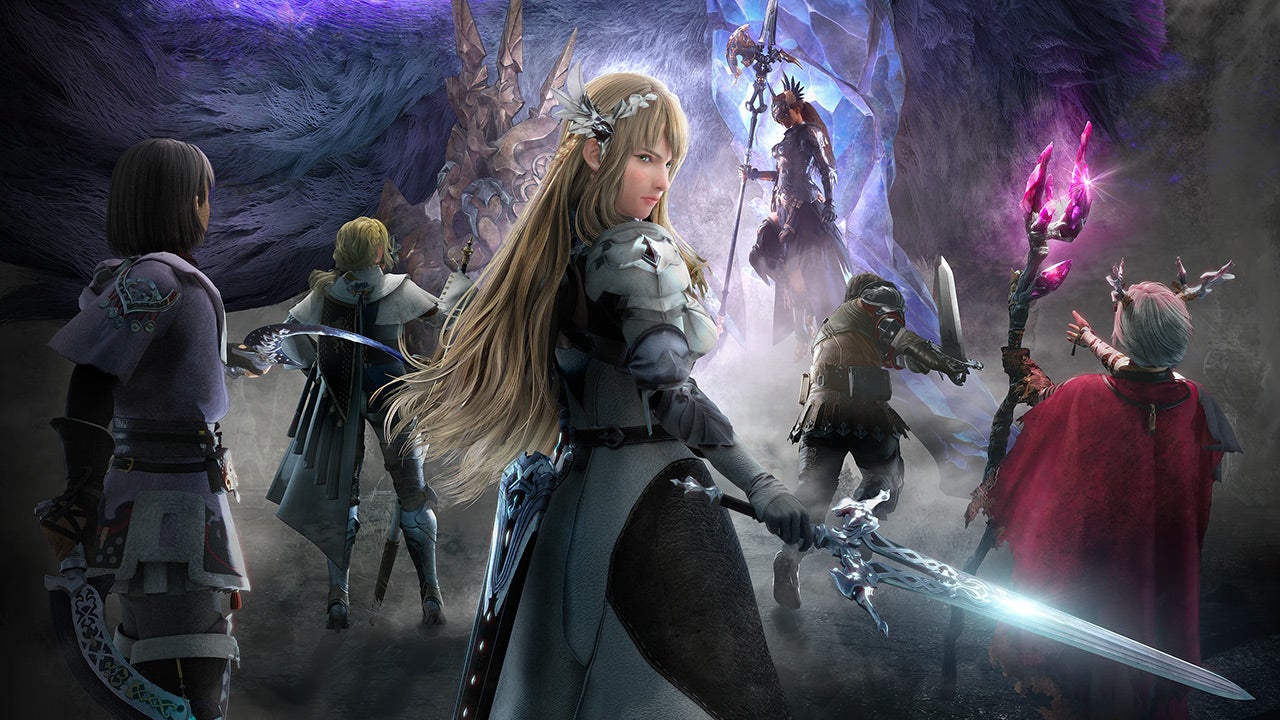
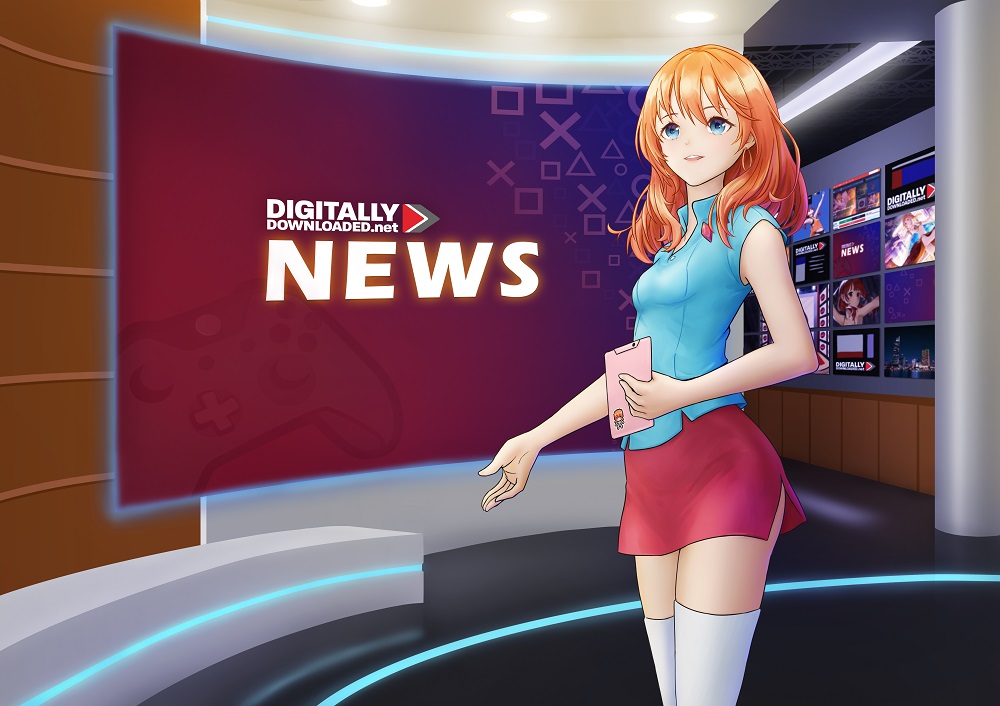


Your first paragraph here is a breath of fresh air, in among all the naive reviews and general reactions I’ve heard about this game. Most people who understood how good Drakengard 3 and original Nier were will love this game. I am having a blast!
I’m glad you’re loving it! The more people that discover this game the better. I think it has a tough future ahead of it 🙂